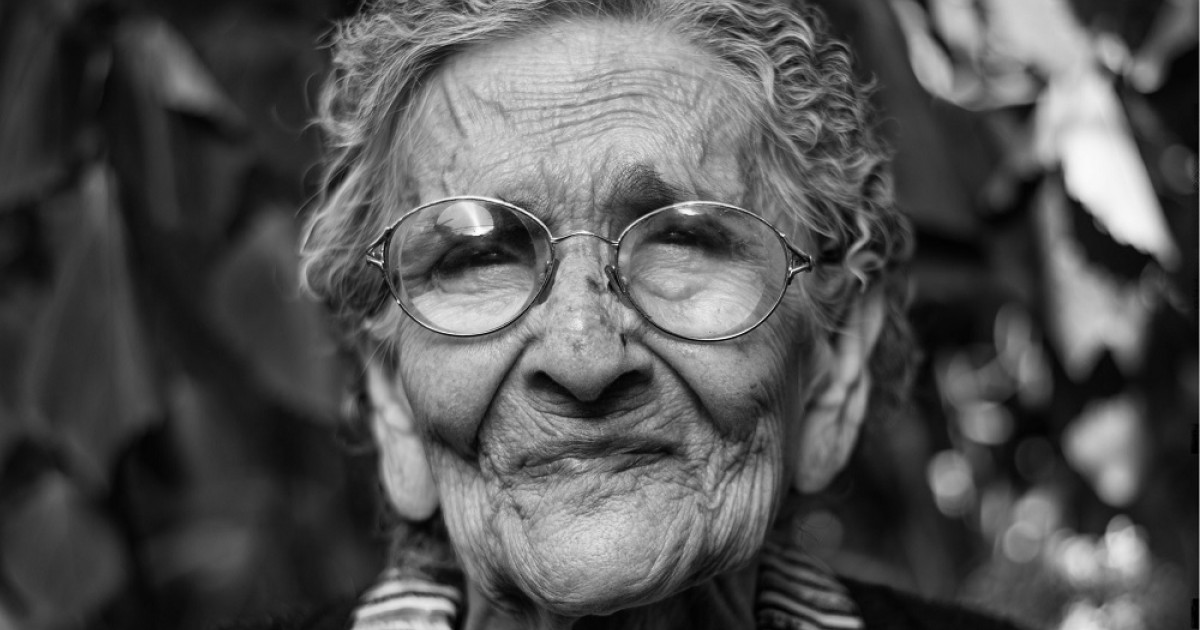Sex in Old Age: Older Adults Also Have a Sex Life
Understanding sexuality in older adults, particularly those in institutional care, is crucial for person-centered support. Recent research highlights challenges faced by both older individuals and healthcare professionals, including the impact of neurodegenerative conditions and medication side effects on sexual expression. This article explores key findings on maintaining dignity and quality of life regarding sexual needs in later life.
Sexuality in Aging
Sexuality is a fundamental aspect of human life from birth to death. Despite this, residential care facilities often exhibit a significant lack of privacy and individualized follow-up for older adults, primarily due to insufficient resources, staffing, training, and communication. Professionals frequently react negatively or pejoratively when older adults express their affectosexual needs, whether publicly or privately. This often stems from prevalent stigma and ageism in society concerning sexuality in older age.
Sexual Needs in Older Age
Research indicates that sexual needs persist throughout the aging process, though they may not remain entirely unchanged. While individuals may maintain interest, the actual practice often declines, and the intensity of sexual needs may decrease without disappearing entirely. In older age, just as in adulthood, sexual needs are heavily influenced by an individual’s life history and their vulnerability to neurodegenerative and/or neuropsychiatric diseases. Sexual desire is intricately linked to these common conditions.
Psychogerontologists, whether in residential centers or home care services, play a crucial role in preserving intimacy and facilitating sexual expression. There are two primary barriers that require attention:
Internal Barriers
Shame and embarrassment regarding sexuality in old age represent significant internal barriers, driven by ageism and profound stigmatization. These often relate to moral rules and generational factors, such as a repressive upbringing.
External Barriers
The immediate environment, both in residential centers and private homes, serves as a primary external barrier. In residential facilities, a lack of resources often leads to shared living spaces with a clear absence of privacy. In home settings, infantilization and overprotection are common. For residential centers, individual rooms would serve as a facilitator, while at home, an appropriate clinical evaluation of the older person and their context is key.
Addressing Libido Expression in Care Settings
When inquiring about frequent sexual behaviors among residents, masturbation is the most commonly reported, often witnessed involuntarily by professionals. To address this dimension effectively, professionals can adopt specific strategies:
For Older Adults
- Understand their comprehensive life history.
- Evaluate and treat neurodegenerative diseases, carefully monitoring potential side effects of psychopharmacological treatments.
For the Environment
- Given the resource limitations in residential centers, the optimal solution is to delay or prevent institutionalization by leveraging new home care startups.
For Care Staff
- Foster continuous communication between nursing assistants and psychogerontologists to deliver optimal person-centered care.
- Advising and guiding staff are essential functions of sociosanitary professionals working with older adults.
Sexuality and Dementia: Key Considerations
When dementia and sexuality intersect, several critical points must be considered:
Discerning Consent
Nursing assistants often face situations where determining consent for sexual relations between two individuals with dementia, or in a couple where one partner has a neurodegenerative disease, is complex. **Prevention and collaborative follow-up** between psychogerontologists and nursing assistants, applying a Person-Centered Care (PCC) approach, are vital for finding solutions.
Advising and Information Gathering
Inappropriate reactions from professionals (e.g., nursing assistants, social workers, nurses, psychogerontologists) or family members can lead to the infantilization of older adults. It is fundamental to stay informed and promote communication among all professionals involved to provide accurate advice and gather comprehensive information.
De-dramatizing Situations
De-dramatizing situations and managing disinhibited behavior, if it occurs, are key strategies for professionals to promote the well-being of older adults. This must always be done within a PCC framework and a thorough clinical assessment.
Disinhibited Behavior Towards Nursing Assistants
Psychotropic medications, such as antidepressants and benzodiazepines, often prescribed for neurodegenerative diseases, dysthymic symptoms, or anxiety in older adults, can significantly alter sexual libido, desire, or even trigger sexual behavior disorders if not properly monitored.
Disinhibited behavior refers to socially inappropriate actions like **exhibitionism, lewd language, or unsolicited sexual advances** without consent. These behaviors can stem from underlying neuropsychiatric symptoms or co-exist with neurodegenerative conditions.
Such behaviors are frequently directed toward nursing assistants, who have daily physical contact with older residents in facilities or during home care services. In both scenarios, a deep understanding of the individual receiving care is crucial to ensuring their maximum well-being.

Transform Your Health with Every Meal
Delicious. Nutritious. Delivered.
Use code SLICKDEALS for 15% OFF today on your first order!
Shop Now
